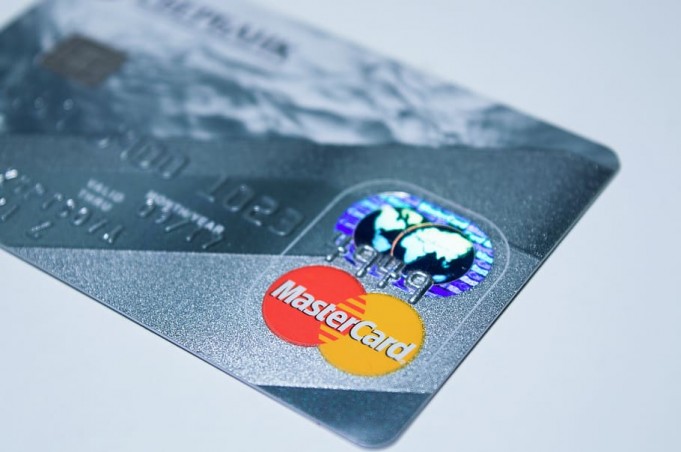Start-up Credit Card
It might seem difficult to apply for a credit card for a startup without a business credit history. If your credit score is good, your personal history is enough for you to qualify for a business credit card. If your business is new and you have not made any profit yet, you can still qualify. The banks look at your personal credit score and information about the business to decide if you qualify. Information regarding both your business and personal life is important.
Importance of Personal Credit Score
The issuer of your credit cards requires a personal guarantee. This means that if your business fails, you are responsible to pay off any pending debts. A personal guarantee is usually in the form of some sort of collateral. Collateral can increase your chances to qualify for a credit card for a small business or a startup. Along with a personal guarantee, you also need to provide the issuer with some personal information. Your personal information includes your name, annual income, home address, email address, phone number, etc. That way, your issuer can conduct an inquiry about your credit check. This is also required for a check of your personal credit score.
Requirements to Apply for a Business Credit Card
The requirements for the application of a small business or a startup credit card are listed below:
- The name of your business: You are required to put the name of your business. If your business is not named, for example, freelancers, you need to put your own name.
- The legal structure: Most entrepreneurs don’t own a formal legal structure like a corporation. You don’t need to worry about it, as you can still qualify for a business credit card. The majority of the applications required for the entrepreneur to mention the date their business starts.
- Total annual revenue made by your business: This means the money that your business makes in a year. If you have just started your business, you need to enter $0 in the section.
- Phone number: If your business phone number is different from your personal number, you need to mention that.
- Address: This is the address of your place of work. If you work from home, you need to provide your home address.
- Information of business partners: This includes information such as names, date of birth, address, etc.
- A sector of business: You are required to mention which sector your business belongs to. For example, freelancers, etc.
While choosing a startup credit card, it is important for it to align with your requirements. For example, suppose your business requires a lot of travel internationally. In such a case you would require a credit card that doesn’t charge foreign transaction fees. Some people would want to qualify for a business credit card by providing a personal guarantee. On the other hand, some people look for a minimal annual fee. Requirements like travel credits, redemption bonuses, airport lounge access may determine the type of credit card you want. The needs of an individual regarding a business credit card determine the card that is most suited for them.









